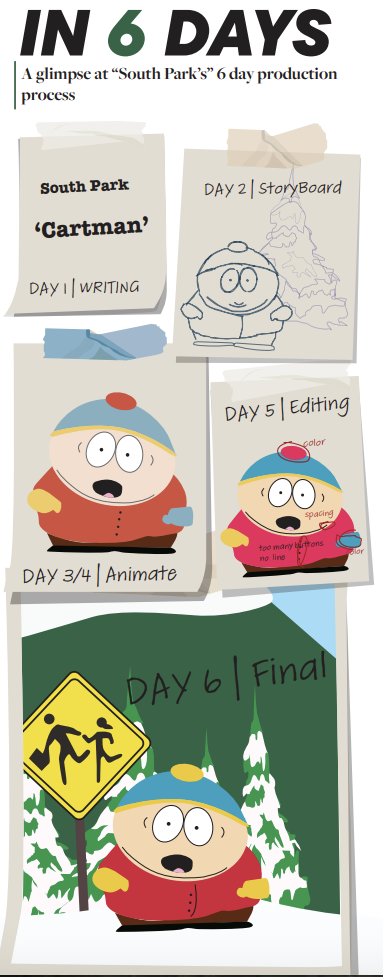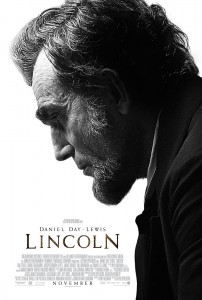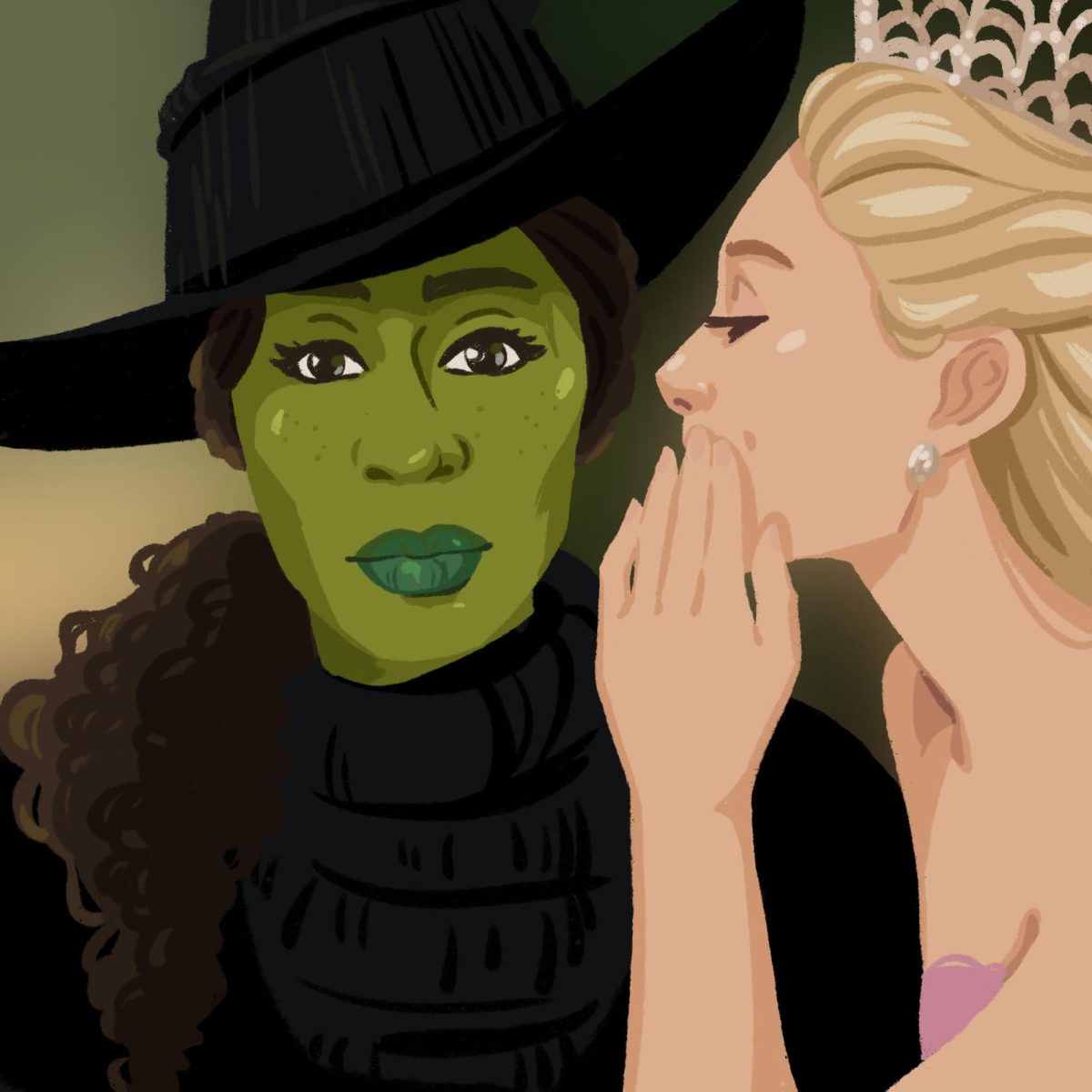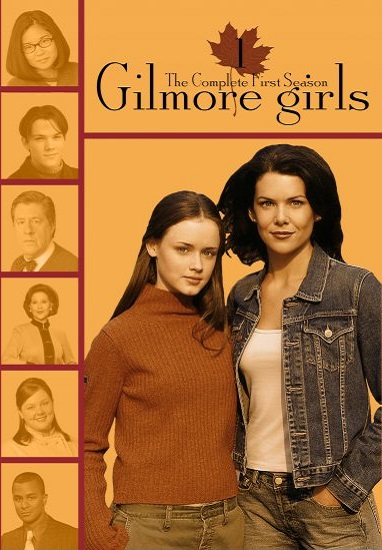“Neither slavery nor involuntary servitude…shall exist within the United States, or any place subject to their jurisdiction.” The Thirteenth Amendment was passed on December 18, 1865; formally abolishing slavery in the United States with 119 yeas, 56 nays, and 8 abstaining, but the history books don’t tell you about the challenges faced by the man who pushed the bill, Abraham Lincoln, and the newly formed Republican Party.
After its nationwide release on Nov. 16, the biographical war drama Lincoln took third position in the Box Office, grossing an estimated $22.4 million.
Lincoln is based off the biography “Team of Rivals: The Political Genius of Abraham Lincoln,” by Doris Kearns Goodwin, telling the story of the last four months of Abraham Lincoln’s presidency.
Lincoln would not be done any justice if it were labeled simply a biography. Lincoln begins with an action-packed setting, (which director Steven Spielberg is known for) taking place in the middle of a bloody battle scene. The country is shattered by the Civil War, and tensions are high.
Although the setting suggests it, Lincoln is not solely about the Civil War during Abraham Lincoln’s presidency, but rather the uphill battle faced by the President after proposing the Thirteenth Amendment. Through the entirety of the movie, Lincoln (played by two-time Academy Award winner for best actor Daniel Day Lewis in My Left Foot and There Will Be Blood) and secretary of state, William Seward (David Strathairn from Good Night and Good Luck) struggle to ensure votes from the House of Representatives by negotiating and making promises they intended to keep, even if it meant outrage from other members in The House.
Behind the politics and the façade of control Lincoln wears around everyone near to him, when he is behind closed doors with his wife, Molly Lincoln,(played by two-time Academy Award winner for best actress in Norma Rae and Places in the Heart) Sally Field can he truly let what is bothering him off his chest. Through the entire movie he only loses composure once, and only in private. By the end of the movie, Molly became a contrast to Abraham in that the stress from everything they had been through was apparently affecting Molly’s sanity by the end of the movie. While molly was always crying and laying in silence with terrible headaches, Abraham was hiding any emotion or pain he felt with a smile and a funny story.
Lewis mastered his role as Lincoln, down to the way he walked and towered over everyone. Over the course of the movie, especially toward the end, Lincoln began to grow gray hair, and the wrinkles in his skin seemed to become deeper. He was said to have “aged ten years in the time of one,” showing how much America’s struggle with slavery truly affected him. The make-up artists exceeded any expectations, scroll through the before and after pictures of the actors, after the wigs and makeup, they look almost identical to the characters they are playing.
Lincoln does something that not many movies are able to do: you see the characters as they were, even though these characters who shaped history have since died. You don’t see the actors; you see the characters they are playing. In short, the cast could not have been better. Watching the quarreling and bickering in the House of Representatives as they fought over the Thirteenth Amendment was hilarious in itself.
I saw an entirely new side of a man who is looked on by most as solely the 16th President of the United States of America. He was an adamant story-teller, an outspoken yet steadfast man, a caring father and a husband who cared more about his wife’s mental health than his own well being. Lincoln, in my opinion, was one of the best movies I have ever seen, showing an average man who proved that the welfare of United States, and those within its borders, were his priority above all else.


























